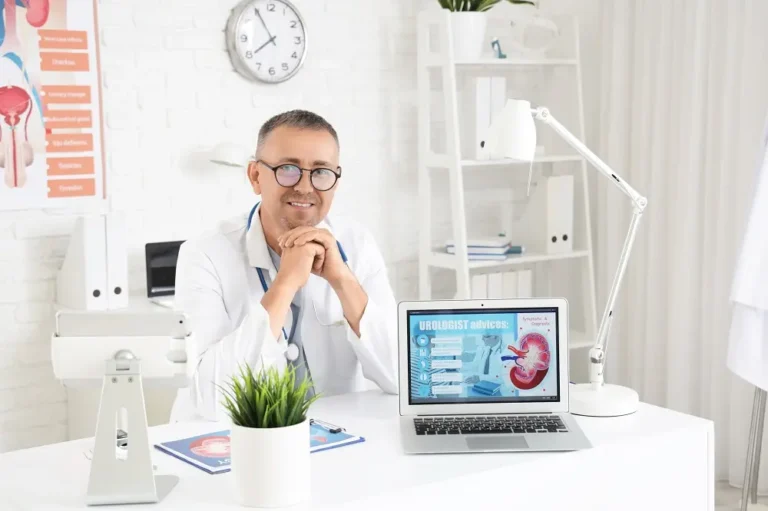What To Expect From Telehealth Group Therapy Sessions

Telehealth group therapy is a modern approach to mental health treatment that combines the benefits of group support with the accessibility of virtual technology. This therapeutic method enables individuals to participate in structured group sessions from the comfort of their own homes using video conferencing platforms. Mental health professionals facilitate these sessions, creating a supportive environment where participants can share their experiences and develop coping strategies together.
What Is Telehealth Group Therapy?
Telehealth group therapy involves structured therapeutic sessions conducted virtually with multiple participants and a licensed mental health professional. These sessions include a variety of individuals who meet regularly to discuss shared experiences, learn coping strategies, and provide mutual support. The therapist guides discussions and introduces therapeutic techniques while maintaining a safe, confidential environment.
Group members may share similar mental health concerns or life circumstances, creating a foundation for mutual understanding and support. The therapist facilitates interactions between participants while providing professional guidance and therapeutic interventions. This combination of peer support and professional expertise creates a unique virtual therapeutic environment that addresses individual needs within a group context.
What Can You Expect?
Initial sessions typically begin with introductions and the establishment of group guidelines. Regular sessions follow a structured format that may include check-ins, therapeutic activities, and group discussions. Participants share their experiences, practice new coping skills, and provide feedback to one another, while the therapist monitors group dynamics and guides conversations to maintain a therapeutic focus. Session frequency varies depending on the specific program and the participant’s needs.
What Issues Can It Address?
Telehealth group therapy addresses various mental health conditions and life challenges. The group format provides particular benefits for individuals dealing with shared experiences or similar symptoms. Anxiety disorders may respond well to group therapy approaches that teach coping strategies. Depression treatment in group settings allows individuals to combat isolation while learning behavioral activation techniques and cognitive restructuring methods.
Stress management groups focus on developing healthy coping mechanisms and making lifestyle changes. Individuals with self-esteem issues may benefit from group support that provides positive feedback and opportunities to practice new social skills. Grief and loss groups offer specialized support for individuals navigating bereavement or significant life transitions.
Life transitions groups address challenges related to major life changes such as career shifts, relationship changes, or health diagnoses. Trauma and post-traumatic stress disorder (PTSD) groups provide specialized treatment approaches designed for individuals with shared trauma experiences. These groups may incorporate evidence-based treatments adapted for the group format.
What Are the Benefits?
The virtual format eliminates geographic and transportation barriers that may prevent individuals from accessing mental health services. Participants can join sessions from familiar environments where they feel comfortable and secure. This increased accessibility enhances participation rates and facilitates consistent attendance, eliminating the complications of travel or scheduling conflicts.
The group format offers peer support that individual therapy cannot provide. Participants may benefit from hearing diverse perspectives and learning how others manage similar challenges. This peer interaction helps reduce feelings of isolation and normalizes mental health struggles. Group members may develop supportive relationships that extend beyond the therapy sessions.
Know What To Expect
Telehealth group therapy offers a structured and accessible approach to mental health treatment that combines professional guidance with peer support. This therapeutic method addresses various mental health conditions while providing the convenience and flexibility of virtual participation. To learn more about virtual therapy options in your area, contact a mental health professional now.
- What to Expect When Visiting a Foot and Ankle Specialist
- Causes of PTSD
- The Link Between Plantar Fasciitis and Weight Gain: What You Need to Know
- How Pet Ownership Can Positively Impact Life with Fibromyalgia
- The Importance of Stretching and Flexibility in Sports Medicine
Dr. Emma Green is a health and wellness expert with over 10 years of experience in nutrition and fitness. Passionate about helping others live their healthiest lives, Dr. Green shares practical advice on wellness, nutrition, and sustainable living through LivingSpristine.






